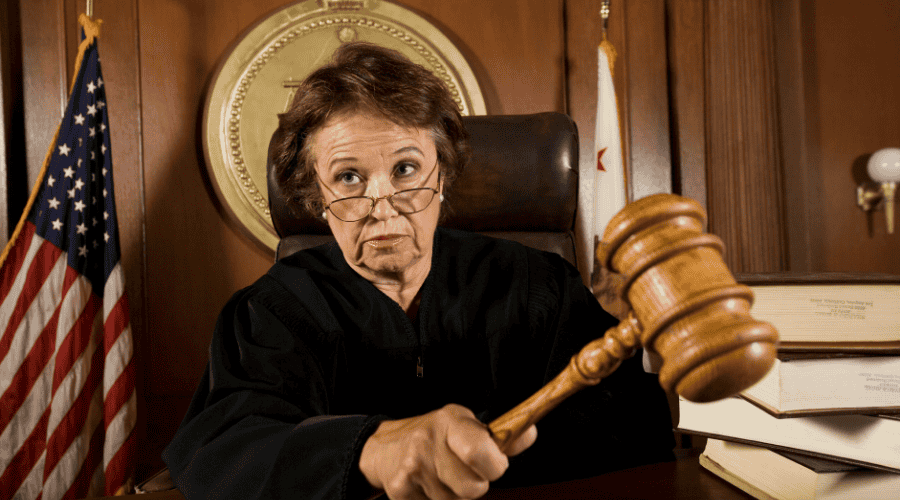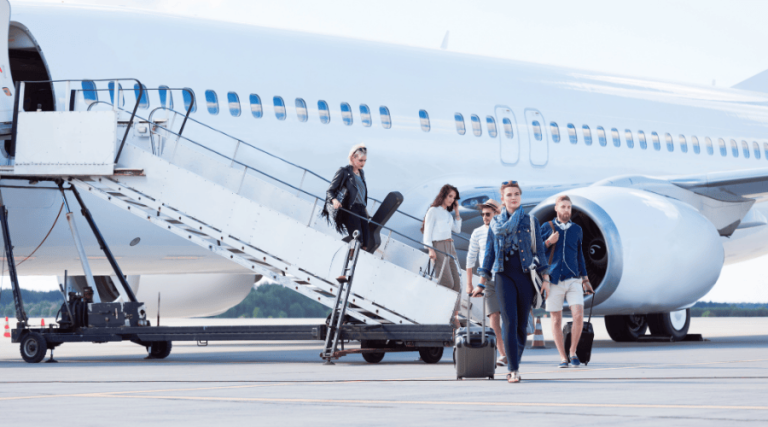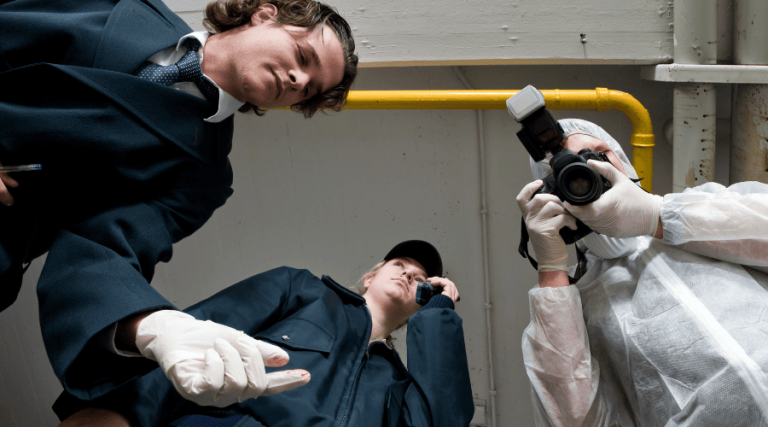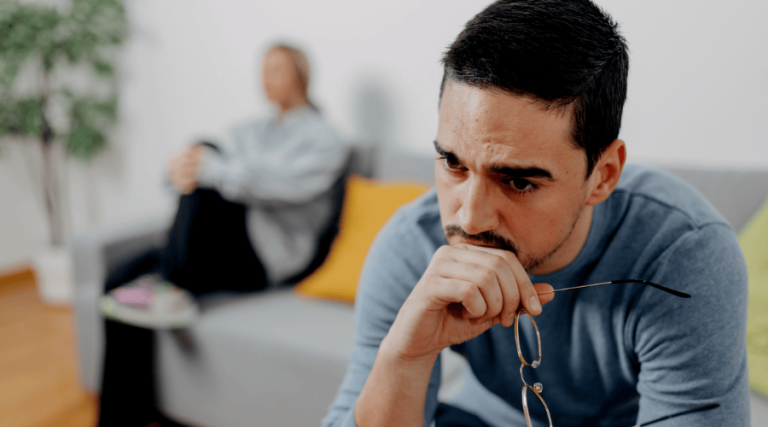
Venezuelan Attorney General Luisa Ortega Díaz, once a loyal supporter of Nicolás Maduro’s regime, made headlines in March when she declared that Maduro had violated the country’s constitutional order. Now, Ortega Díaz has issued another warning, stating that the Public Ministry has been unlawfully releasing detained opposition protesters without following due process.
Her remarks are being interpreted by many as further evidence of her growing independence from the Bolivarian regime. However, her statements have also sparked frustration among opposition groups and political analysts who believe she is not doing enough to address the authoritarian actions of the Maduro government.
Ortega Díaz’s initial statement in March, accusing Maduro’s regime of breaching the constitutional order, was a bold move that shocked the international community and fueled nationwide protests. However, critics argue that she has done little to follow up on those claims, particularly when it comes to taking legal action against Maduro or his inner circle.
“She denounced that there was a breach of the constitutional order […] and since then, she has not said anything else. Her statement is what caused people to mobilize in the first place,” said a former Chavista official who has since distanced himself from the Maduro regime. “She cannot remain neutral. She is co-responsible for what is happening today,” he added, speaking on condition of anonymity.
Ortega Díaz’s recent comments, which highlight the judiciary’s failure to ensure due process in the handling of opposition protesters, have also exposed tensions between the Attorney General’s office and the Maduro-aligned Supreme Court of Justice (TSJ). However, critics argue that addressing procedural issues is not enough. “With these statements, she is clearly showing a confrontation with the judiciary, but that is not the most important function she must fulfill,” said the former official. “What is needed now is for her to speak out about the coup.”
The ongoing crackdown on opposition members in Venezuela has drawn widespread condemnation. Thousands of protesters have been arrested since the wave of demonstrations began earlier this year, many of them facing allegations of politically motivated charges, abuse, and torture while in custody.
Ortega Díaz’s acknowledgment that opposition detainees are being released without due process has further exposed the deeply flawed judicial system under Maduro’s control. These actions, according to human rights organizations, undermine justice and reflect the regime’s selective enforcement of laws. Detainees are often held arbitrarily or released without explanation, creating an environment of fear and unpredictability for protesters and activists.
Human rights groups have noted that many of those detained are students, activists, and opposition leaders who were peacefully protesting against the government. The lack of accountability and adherence to due process has led to accusations that the Maduro regime is using the judiciary as a tool to stifle dissent.
Ortega Díaz’s recent comments have further divided opinion within the opposition. While some see her as a potential ally willing to expose the regime’s abuses, others are growing impatient with her perceived inaction.
“She has the authority and the evidence to take stronger legal action against the regime, yet she continues to play it safe,” said an opposition leader who requested anonymity. “Her independence is important, but independence without action doesn’t help those of us who are risking our lives in the streets.”
Ortega Díaz’s reluctance to directly address Maduro’s alleged coup d’état has only added to the frustration. Her initial declaration that the constitutional order had been breached was seen as a pivotal moment, inspiring protests and giving hope to those opposing the regime. However, her subsequent silence on the issue has left many wondering whether she is willing—or able—to challenge Maduro more directly.
Ortega Díaz’s statements come at a critical time for Venezuela, as the country faces political turmoil, economic collapse, and widespread protests. International pressure on Maduro has intensified, with countries like the United States, Canada, and members of the European Union imposing sanctions on his government and calling for a return to democratic governance.
The Attorney General’s growing rift with the regime could play a significant role in shaping Venezuela’s future. If Ortega Díaz decides to take stronger legal action, it could further delegitimize Maduro’s government and potentially inspire more defections from within his ranks. However, her inaction risks undermining her credibility and alienating those who view her as a potential force for change.
The international community is closely watching Ortega Díaz’s next moves. Advocacy groups and foreign governments have called on her to use her position to hold the regime accountable for its actions, including the alleged coup and human rights abuses.
Meanwhile, opposition leaders continue to demand that she take concrete steps to challenge Maduro’s grip on power. “She has already taken a brave step by denouncing the regime, but she must go further. This is not the time to stay on the sidelines,” said an activist.
As the situation in Venezuela continues to unfold, Ortega Díaz remains a pivotal figure in the country’s political crisis. Whether she decides to take a stronger stand against Maduro or continues to focus on procedural issues will determine not only her legacy but also the potential for meaningful change in Venezuela.




